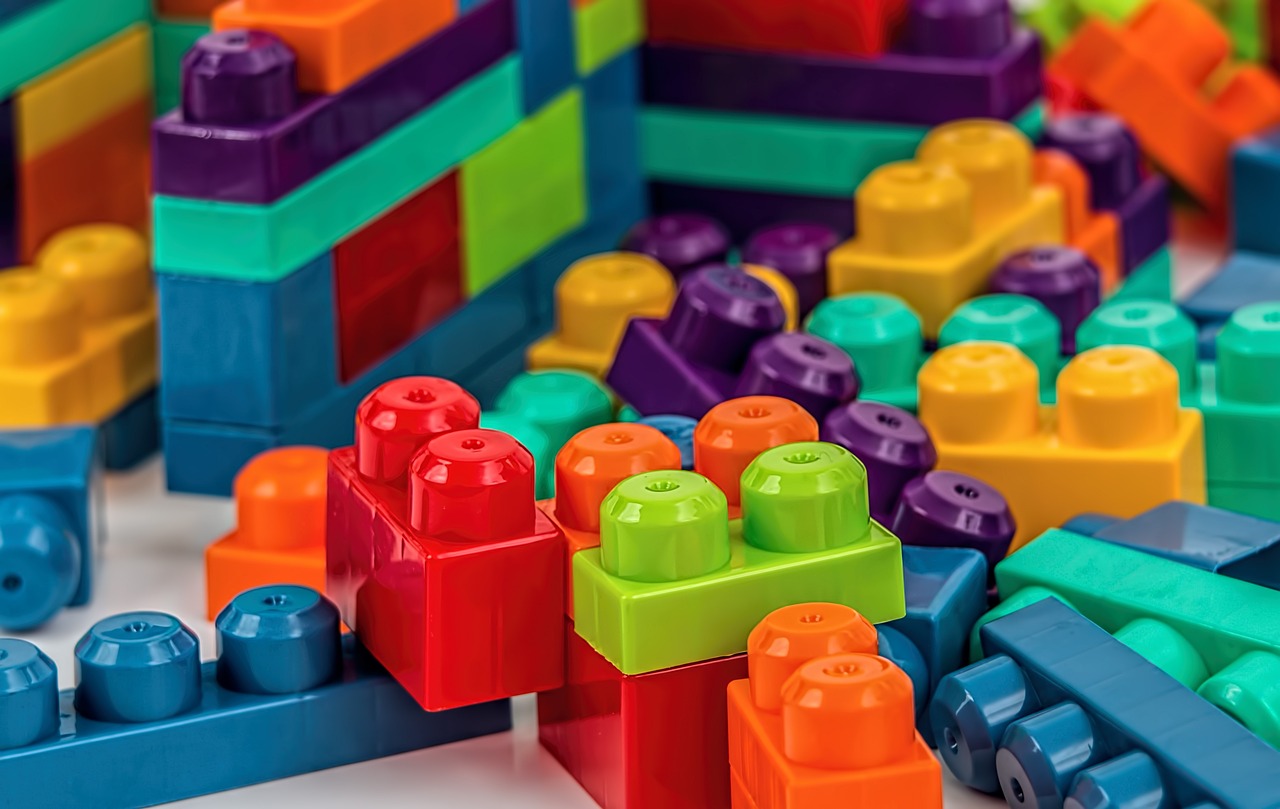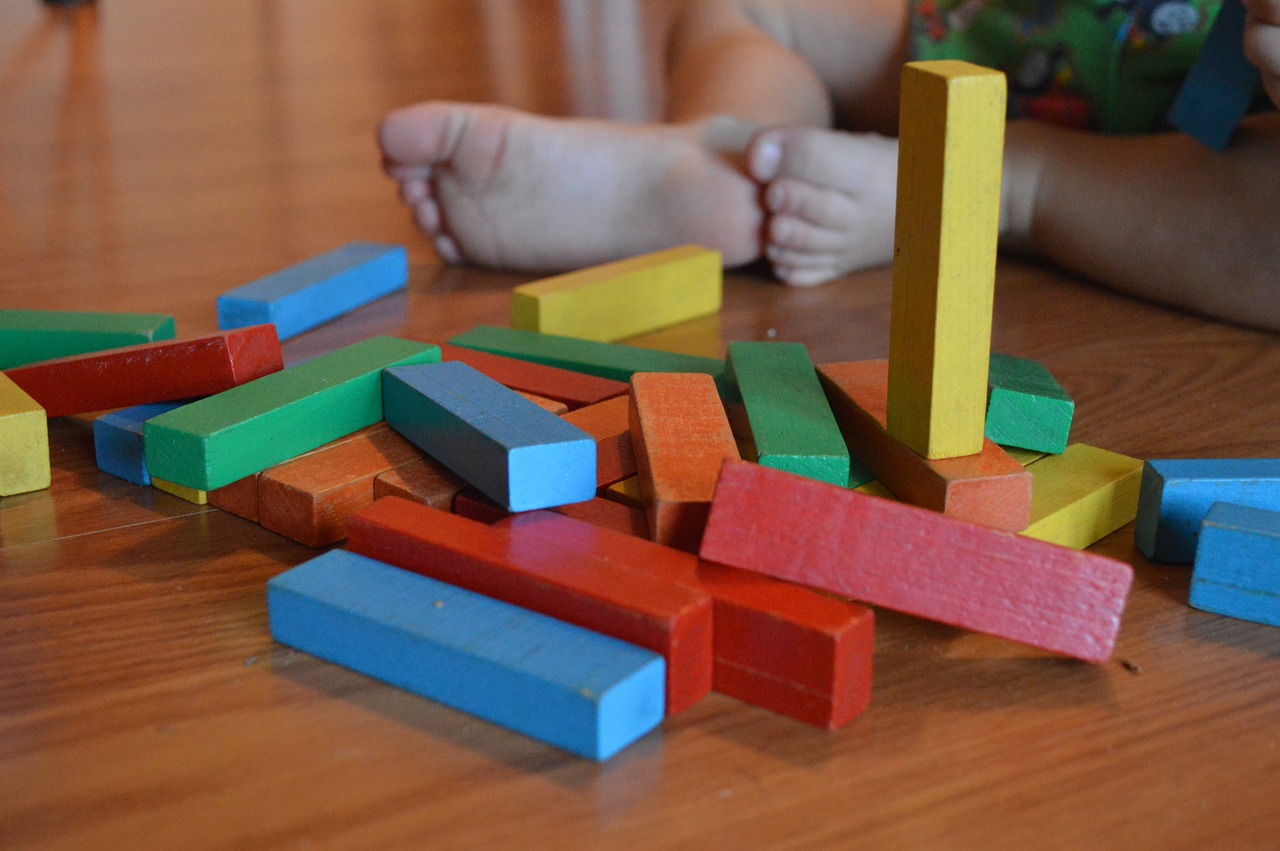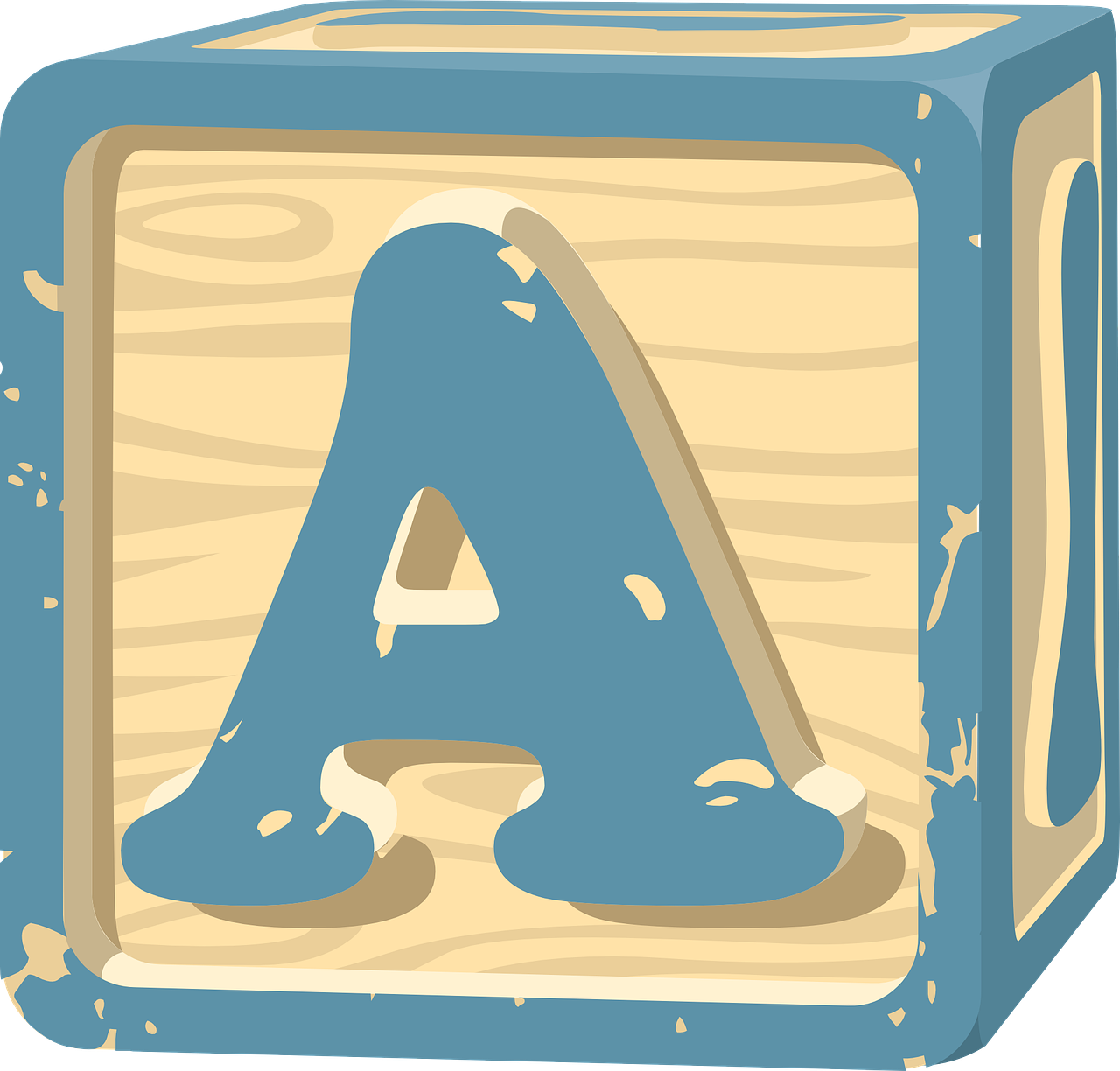Imagine a world where learning is not confined to textbooks and classrooms, but instead, plays a pivotal role in your child’s everyday playtime. With a diverse array of toys available in the market today, it can be overwhelming to choose those that not only entertain but also educate. However, by selecting toys that are designed to engage your child’s imagination, curiosity, and problem-solving skills, you can unlock their full learning potential. In this article, we will explore the power of toys to educate and engage, providing insights into selecting the perfect toys that will inspire your child’s growth and development. Get ready to embark on a journey where your child’s playtime transforms into a transformative learning experience.

Building Cognitive Skills
When it comes to enhancing cognitive skills, puzzles and brain teasers are excellent choices. These toys challenge your child’s problem-solving abilities, critical thinking skills, and memory retention. By solving puzzles, they learn to analyze, strategize, and think creatively. Building blocks and construction sets also promote cognitive development by allowing children to explore their imagination and spatial awareness. These toys help them understand concepts like shape, size, and balance. Additionally, memory games and matching activities improve memory recall, concentration, and cognitive flexibility. These activities encourage your child to pay attention to details and remember information, all while having fun.
Developing Motor Skills
Motor skills play a crucial role in a child’s overall development. Art and craft kits provide an excellent opportunity for your child to refine their fine motor skills. These kits involve cutting, pasting, and drawing, which help improve hand-eye coordination and finger dexterity. Musical instruments are another great way to develop motor skills, as they require precise finger movements and coordination with rhythm. Building and engineering toys, such as construction sets and building blocks, promote both fine motor skills and gross motor skills. As children manipulate the pieces and construct structures, they enhance their hand-eye coordination and strengthen their muscles.
Enhancing Creativity
Fostering creativity is essential for a child’s growth and self-expression. Role-playing sets and pretend play toys allow children to unleash their imagination and creativity. Whether they want to be a chef, a doctor, or a superhero, these toys encourage them to think creatively, develop narratives, and engage in cooperative play. Art supplies and drawing tools are other great resources for enhancing creativity. By exploring various colors and textures, children can express themselves and develop their artistic skills. Storytelling and writing games also stimulate creativity by encouraging children to create their own stories and narratives.
Promoting Social Skills
Social skills are vital for a child’s future success in relationships and interactions with others. Board games and card games provide an excellent platform for developing social skills. These games require turn-taking, cooperation, and communication, fostering skills like patience, empathy, and sportsmanship. Outdoor toys and sports equipment not only promote physical activity but also encourage social interaction and teamwork. Games like basketball or soccer teach children how to work together, follow rules, and respect their peers. Dolls and action figures also aid in the development of social skills by enabling children to engage in imaginative play and develop nurturing behaviors.

Encouraging Problem Solving
Problem-solving skills are crucial for navigating through life’s challenges. Toys that encourage logic and strategy games provide an excellent opportunity for children to develop critical thinking skills and problem-solving abilities. These games, such as chess or Sudoku, require children to analyze situations, plan ahead, and make strategic decisions. STEM (Science, Technology, Engineering, and Mathematics) toys and science kits are another way to foster problem-solving skills. Through hands-on experiments and building models, children learn to apply scientific principles, troubleshoot, and find solutions. Coding and programming games introduce children to the world of programming, teaching them to think logically and solve complex problems.
Introducing Language and Literacy
Early exposure to language and literacy lays the foundation for effective communication skills. Alphabet and spelling toys can be instrumental in helping children recognize letters and words. These toys often come in the form of puzzles or blocks, allowing children to practice letter recognition and create simple words. Reading and phonics games further develop language and literacy skills by introducing children to the sounds of letters and words. These games improve phonemic awareness, reading comprehension, and vocabulary. Language learning kits are also excellent tools for introducing new languages to children, helping them develop language skills and cultural understanding.

Stimulating Curiosity
Curiosity is a driving force in a child’s learning journey. Exploration and discovery kits provide opportunities for children to explore the world around them. These kits often include magnifying glasses, mini telescopes, and nature guides, allowing children to investigate plants, animals, and various natural phenomena. Experiment and science sets foster a love for scientific discovery by providing hands-on experiences with chemical reactions, magnets, and electricity. These sets allow children to ask questions, make predictions, and observe outcomes, fostering their innate curiosity. Nature and animal toys, such as animal figurines or habitat sets, also stimulate curiosity and encourage children to learn more about the natural world.
Fostering Imagination
Imagination is the key to creativity and problem-solving. Building and construction sets allow children to bring their imaginations to life by creating unique structures and architectural designs. These toys promote spatial awareness, engineering concepts, and encourage children to think outside the box. Dress-up and role-playing sets provide an avenue for children to dive into imaginary worlds, assuming different roles and engaging in pretend play. Whether they become superheroes, princesses, or doctors, these sets allow children to express themselves, develop narratives, and enhance their communication skills. Toy vehicles and playsets, such as dollhouses or car sets, also foster imagination, enabling children to create their own stories and scenarios.
Improving Mathematical Skills
Mathematical skills are essential for everyday life and problem-solving. Math manipulatives and counting toys assist children in understanding numerical concepts and basic arithmetic. These toys often come in the form of colorful blocks, counting beads, or pattern boards, aiding children in visualizing mathematical concepts and developing a strong number sense. Number games and puzzles further enhance mathematical skills by challenging children to solve numerical problems, recognize patterns, and work with numbers in a fun and engaging way. Measuring and sorting sets provide hands-on experiences for children to understand the concepts of measurement, comparison, and classification, improving their mathematical thinking.
Developing Fine Motor Skills
Fine motor skills are crucial for everyday tasks like writing, tying shoelaces, or buttoning clothes. Lacing and stringing bead sets are excellent tools for developing fine motor skills and hand-eye coordination. These sets require children to thread strings through small holes, improving their finger dexterity and precision. Playdough and clay sets also aid in the development of fine motor skills. By manipulating the dough or clay, children enhance their hand muscles and finger strength. Pegboards and pattern blocks allow children to practice fine motor skills by placing small pegs or shapes into corresponding holes or spaces. These activities promote finger control, spatial awareness, and concentration.
In conclusion, toys play a significant role in promoting various aspects of a child’s development. By choosing toys that focus on cognitive skills, motor skills, creativity, social skills, problem-solving, language and literacy, curiosity, imagination, mathematics, and fine motor skills, parents can provide a well-rounded learning experience for their children. Remember, the best toys are those that engage and educate, allowing children to explore, experiment, and learn through play. So, go ahead and unleash your child’s learning potential with these educational and engaging toys!

